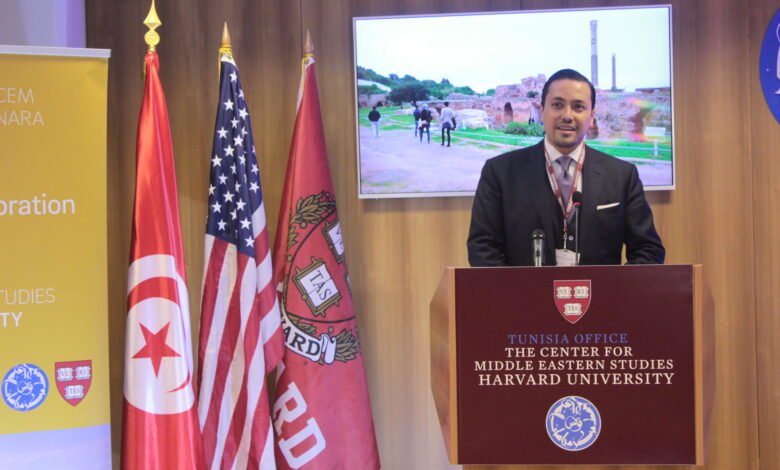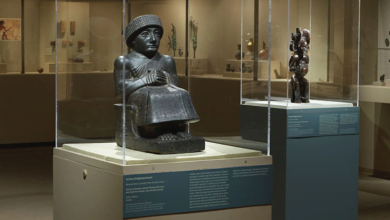Tunisia: Harvard Opens a Regional Study Center

With active support from Hazem Ben-Gacem, a former student of Harvard, the renowned university, opens a Regional Study Center in Tunis today. Integrated in Harvard’s Center for Middle East Studies (CMES), it is part of a long tradition of research in North Africa – in a market that has become competitive today.
The Center for Middle East Studies at Harvard University has decided to open its first Regional Center in Tunisia. Supported by a former student, the center continues research work launched decades ago. It also extends university training through in situ programs.
Better understanding the world
Established in 1954, Harvard’s CMES has trained hundreds of experts from North Africa and the Middle East whose know-how is now recognized at the international level. Thanks to interdisciplinary education now being thought up locally, the new Regional Center intends to be an incubator for analyzing the socio-cultural, legal and political movements in the sub-region.
As, according to Drew Faust, the president of Harvard University, the new university Center must « establish successfully in north Africa, the Mediterranean and the Middle East », it is above all a matter of better understanding the world. « It is by expanding the contexts in which education and learning are carried out that something crucial is happening in our commitment. In the context of important globalized universities, the president hopes « the Center in Tunisia will take the world to Harvard and Harvard to the world. »
Support from a former student
To access the many archives of the new Regional Center, the students will also have support from Hazem Ben-Gacem. The former student of Harvard University, – in 1992 – is the major on-site relay of William Granara, Director of CMES and Professor of Arabic. As he explained, « you can have a better understanding of the Middle East only if you are physically there among the people of the area, and thanks to Hazem, the students and scholarship recipients will pursue in-depth research in better conditions. »
But, according to the former student, cooperation makes sense only if it also opens the world to Tunisia. « The establishment of Harvard » is for him a « rejoicing » sign because « I have always had the desire to establish a branch where the students would discover Tunis – its history, its language, its culture, its art and its people. »
A competitive sector
Globalization experienced by the higher schools and universities, in addition to a real teaching ambition, is also manifest through economy. Thus, Africa’s strong growth has boosted educational opportunities, whether public or private, over the last ten years. For example, the 10 top African higher schools ranking in 2016 included groups’ local branches such as the HEC, Paris-Dauphine and Kedge groups (formerly known as Sup de Co).
As the annual cost in higher education in North Africa ranges between € 1500 and € 6500, the establishment of Harvard is thus a real response to the growing need in higher education. And as CMES management points out, « the programs available in Tunis include scholarships for the graduates, funding sabbatical leave for professors and a summer program to teach the Arabic language for better immersion in the sub-region. »





